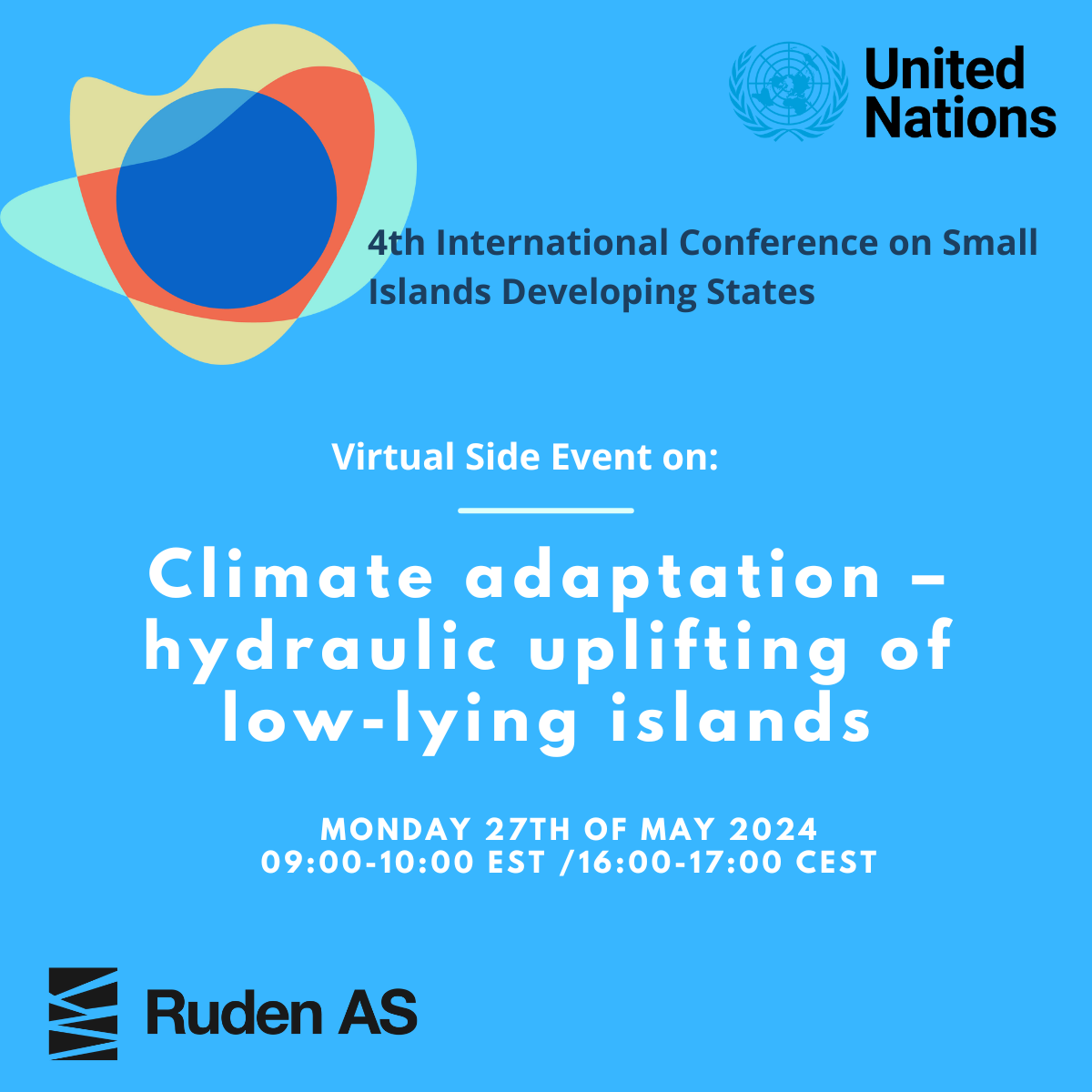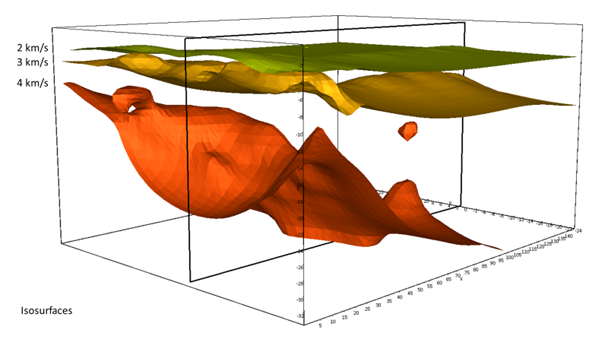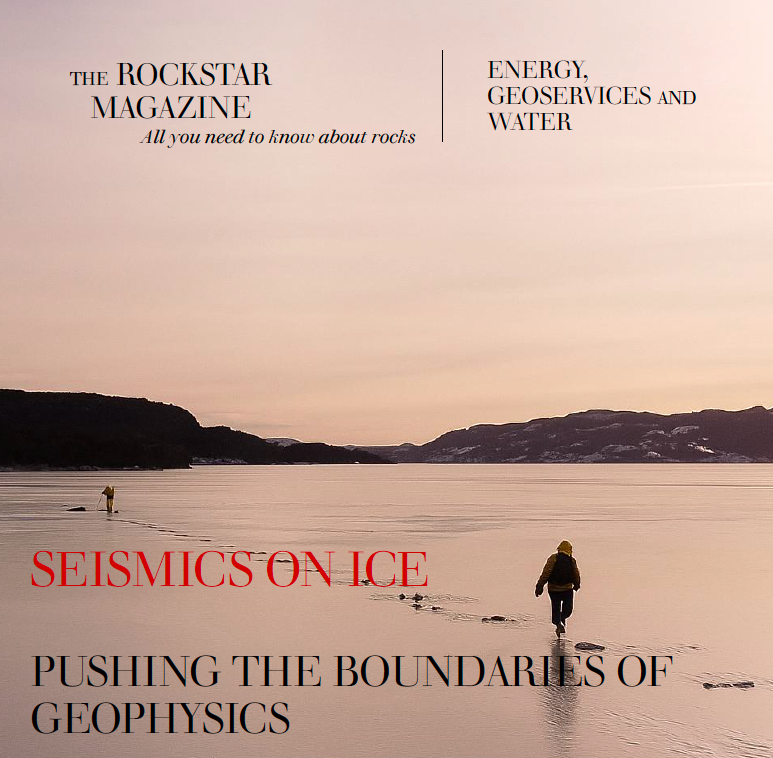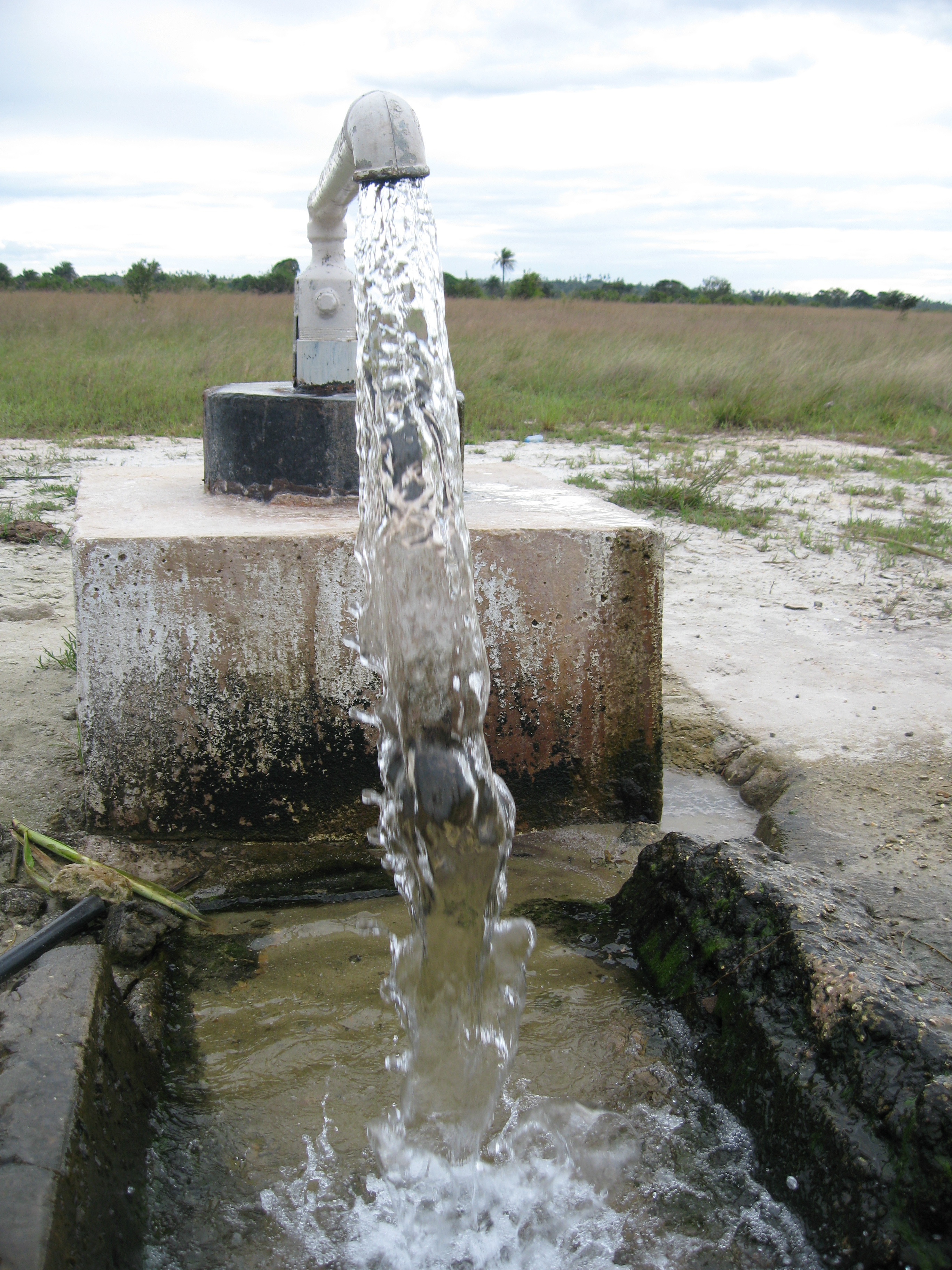Atoll islands are disappearing due to continued sea level rise driven by climate change, outpacing the ability of coral to adapt. Communities are experiencing coastal erosion, flooding, and the loss of vital wetlands as aquifer systems are being reduced. The UN body assessing the science related to climate change, estimates that under current conditions the global mean sea level is likely to rise between 8 and 29 cm by 2030, with a further rise anticipated of up to 70 cm by 2070. Millions of people residing in small islands face becoming "climate change refugees". Small island nations like Kiribati, Tuvalu, the Marshall Islands, and the Maldives are particularly vulnerable and may eventually be entirely submerged, leading to massive human displacement.
Applied science holds the potential to provide innovative solutions for addressing pressing challenges. This side event will discuss the feasibility of hydraulic uplifting of low-lying islands. Globally, satellite data shows that the injection of fluids underground can result in land elevation. In most cases this has been an unintended outcome. However, this mechanism can also be used to intentionally elevate low-lying land.
For some background on basaltic islands, click here
Monday 27th of May 2024 // 09:00-10:00 EST /16:00-17:00 CEST
Join us in this online side event - Sign up here



